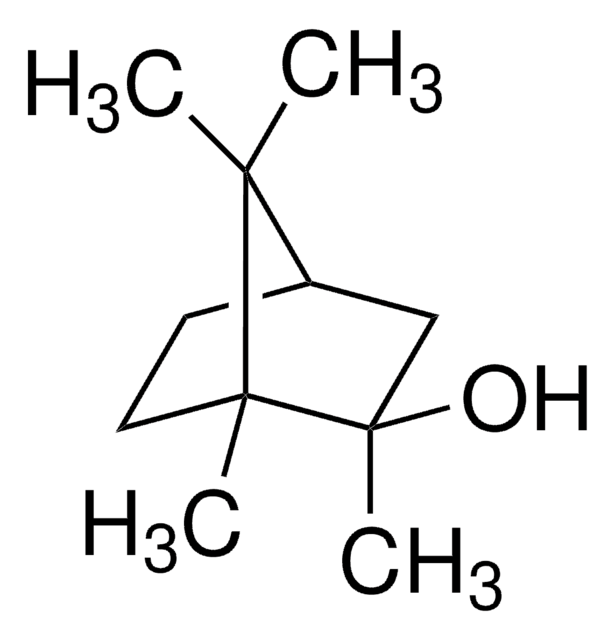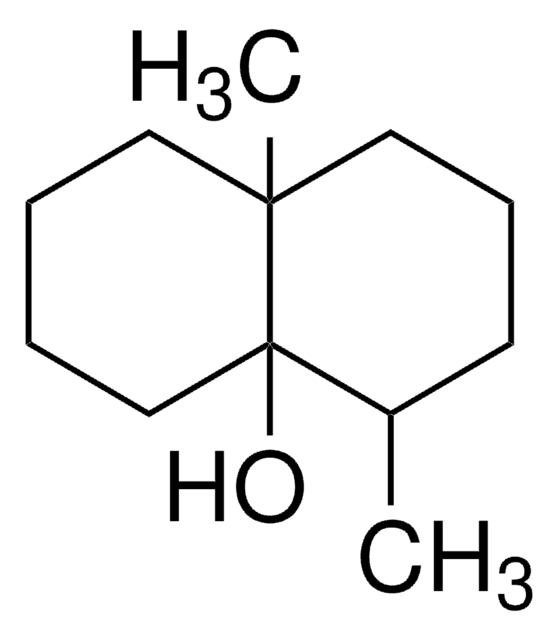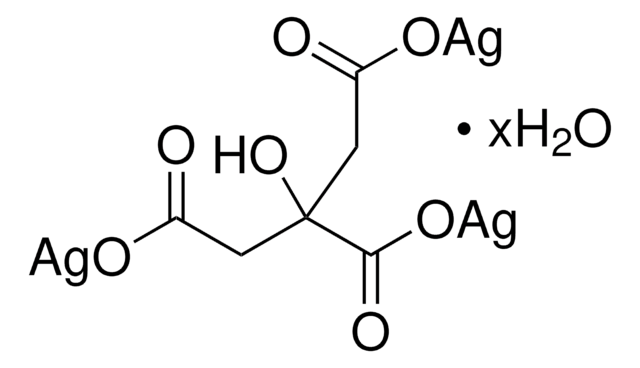751944
Copper(II) chloride
powder, 99%
Synonym(s):
Copper dichloride, Cupric chloride
About This Item
Recommended Products
Assay
99%
form
powder
composition
Cl, 51.9-53.5% silver nitrate titration
mp
620 °C (lit.)
density
3.386 g/mL at 25 °C (lit.)
application(s)
battery manufacturing
SMILES string
Cl[Cu]Cl
InChI
1S/2ClH.Cu/h2*1H;/q;;+2/p-2
InChI key
ORTQZVOHEJQUHG-UHFFFAOYSA-L
Looking for similar products? Visit Product Comparison Guide
Related Categories
Application
Signal Word
Danger
Hazard Statements
Precautionary Statements
Hazard Classifications
Acute Tox. 4 Dermal - Acute Tox. 4 Oral - Aquatic Acute 1 - Aquatic Chronic 2 - Eye Dam. 1 - Skin Irrit. 2
Storage Class Code
8A - Combustible corrosive hazardous materials
WGK
WGK 3
Flash Point(F)
Not applicable
Flash Point(C)
Not applicable
Choose from one of the most recent versions:
Already Own This Product?
Find documentation for the products that you have recently purchased in the Document Library.
Customers Also Viewed
Articles
Advances in materials have often been led by the development of new synthetic methods that provide control over size, morphology and structure.
Advances in materials have often been led by the development of new synthetic methods that provide control over size, morphology and structure. The preparation of materials in a scalable and continuous manner is critical when development moves beyond lab-scale quantities.
Our team of scientists has experience in all areas of research including Life Science, Material Science, Chemical Synthesis, Chromatography, Analytical and many others.
Contact Technical Service















